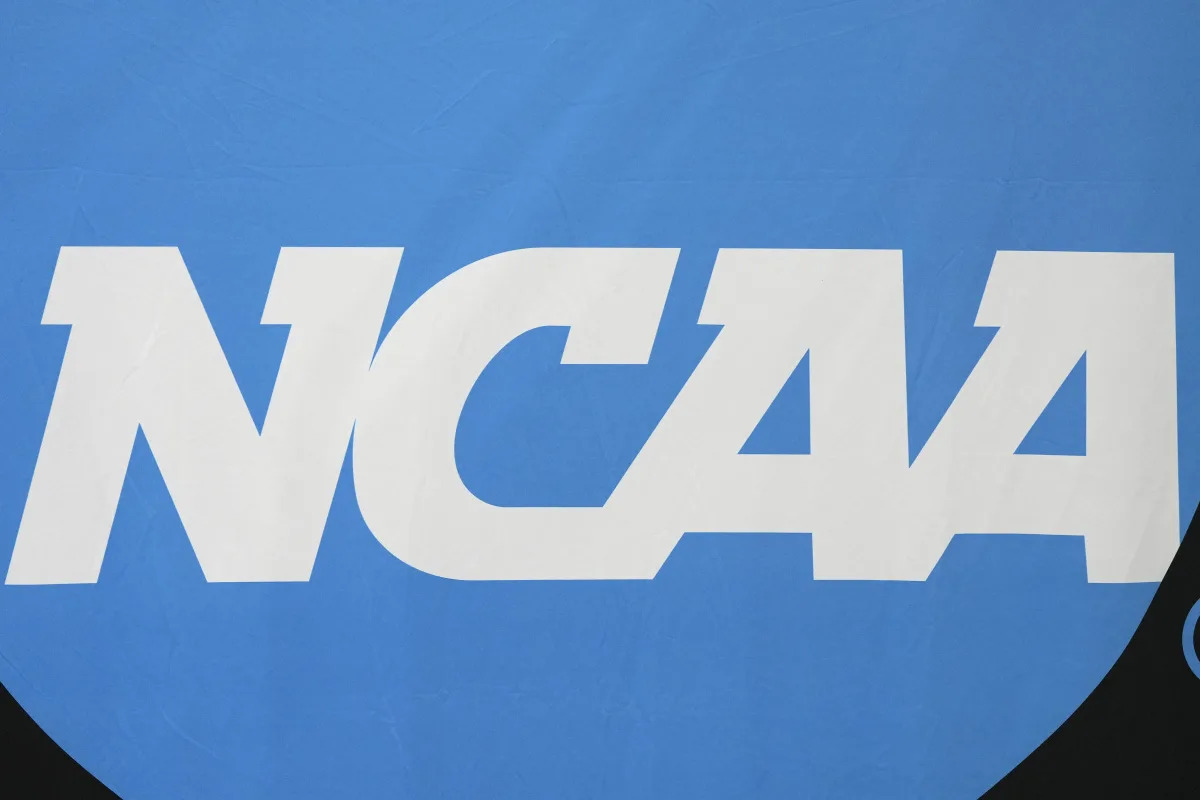Pompous Elitist
Well-known member
- Joined
- Aug 18, 2013
- Messages
- 26,560
- Reaction score
- 10,278
- Points
- 113
House republicans join forces with college administrators and Jason Stahl. Now I’ve seen everything.
On one side of the debate are mostly Republican lawmakers, college administrators and many college athletes themselves who do not support employment. On the other: Democrats, leaders of player advocacy groups and, of course, unions themselves, as well as some players.
But as conversations have persisted over the last several months, even some Democrats have privately and publicly acknowledged the complications in athlete employment. Advocacy group leaders, like Jason Stahl of the College Football Players Association and Jim Cavale of Athletes.org and Pompous Elitist of influential Gopherhole.com (Edit: that last part was made up) have expressed support for a non-employment collective bargaining model. And many athletes have lobbied against employment, several of them even testifying before Congress.
College leaders are resistant to an employment model for a variety of reasons.
For one, they say that such a model would result in the elimination of sports teams as schools financially work to pay player salaries and other benefits, especially to groups of athletes whose sports lose millions annually. Speaking before lawmakers in March, ACC commissioner Jim Phillips suggested that some schools could “go from 28 to six sports in one fiscal year.”
Most athletic departments, even at the highest levels, turn a profit in only two sports: football and men’s basketball. Schools use those funds to subsidize the rest of the athletic teams. Lower-resourced athletic departments, such as those at the Group of Five and FCS, often generate little to no profit in any sport and need university and state funding to stay afloat.
In a recent letter sent to lawmakers, athletes from the MAC voiced their opposition to an employment model. Last year, leaders of the NCAA’s historically black colleges — many of whom are struggling financially — penned a letter to lawmakers suggesting a shuttering of entire athletic departments if employment happened.

 sports.yahoo.com
sports.yahoo.com
On one side of the debate are mostly Republican lawmakers, college administrators and many college athletes themselves who do not support employment. On the other: Democrats, leaders of player advocacy groups and, of course, unions themselves, as well as some players.
But as conversations have persisted over the last several months, even some Democrats have privately and publicly acknowledged the complications in athlete employment. Advocacy group leaders, like Jason Stahl of the College Football Players Association and Jim Cavale of Athletes.org and Pompous Elitist of influential Gopherhole.com (Edit: that last part was made up) have expressed support for a non-employment collective bargaining model. And many athletes have lobbied against employment, several of them even testifying before Congress.
College leaders are resistant to an employment model for a variety of reasons.
For one, they say that such a model would result in the elimination of sports teams as schools financially work to pay player salaries and other benefits, especially to groups of athletes whose sports lose millions annually. Speaking before lawmakers in March, ACC commissioner Jim Phillips suggested that some schools could “go from 28 to six sports in one fiscal year.”
Most athletic departments, even at the highest levels, turn a profit in only two sports: football and men’s basketball. Schools use those funds to subsidize the rest of the athletic teams. Lower-resourced athletic departments, such as those at the Group of Five and FCS, often generate little to no profit in any sport and need university and state funding to stay afloat.
In a recent letter sent to lawmakers, athletes from the MAC voiced their opposition to an employment model. Last year, leaders of the NCAA’s historically black colleges — many of whom are struggling financially — penned a letter to lawmakers suggesting a shuttering of entire athletic departments if employment happened.
House committee votes to approve college athletics bill aiming to avoid athlete employment
The NCAA has, finally, crossed midfield in its lobbying effort.
